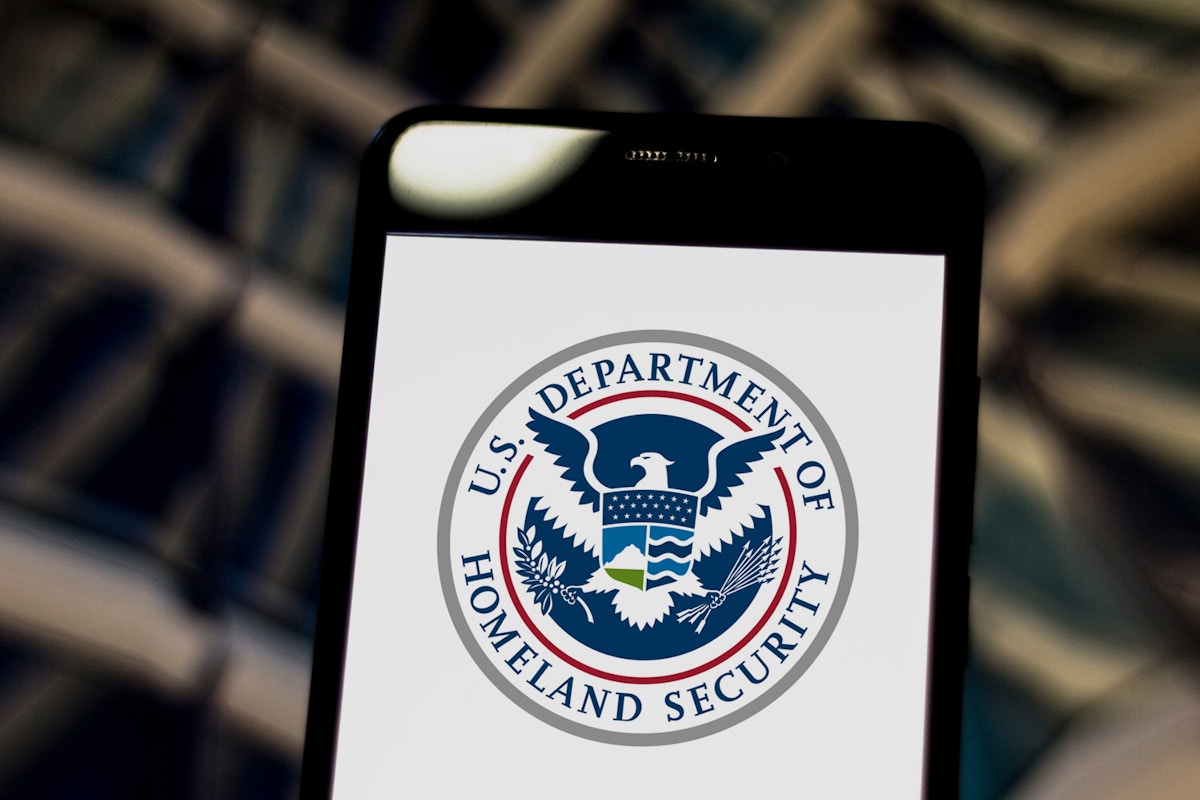- Banned
- #1
SaintForLife
Well-known member
Offline
THE DEPARTMENT OF HOMELAND SECURITY is quietly broadening its efforts to curb speech it considers dangerous, an investigation by The Intercept has found. Years of internal DHS memos, emails, and documents — obtained via leaks and an ongoing lawsuit, as well as public documents — illustrate an expansive effort by the agency to influence tech platforms.
The work, much of which remains unknown to the American public, came into clearer view earlier this year when DHS announced a new “Disinformation Governance Board”: a panel designed to police misinformation (false information spread unintentionally), disinformation (false information spread intentionally), and malinformation (factual information shared, typically out of context, with harmful intent) that allegedly threatens U.S. interests. While the board was widely ridiculed, immediately scaled back, and then shut down within a few months, other initiatives are underway as DHS pivots to monitoring social media now that its original mandate — the war on terror — has been wound down.
Behind closed doors, and through pressure on private platforms, the U.S. government has used its power to try to shape online discourse. According to meeting minutes and other records appended to a lawsuit filed by Missouri Attorney General Eric Schmitt, a Republican who is also running for Senate, discussions have ranged from the scale and scope of government intervention in online discourse to the mechanics of streamlining takedown requests for false or intentionally misleading information.
“Platforms have got to get comfortable with gov’t. It’s really interesting how hesitant they remain,” Microsoft executive Matt Masterson, a former DHS official, texted Jen Easterly, a DHS director, in February.
In a March meeting, Laura Dehmlow, an FBI official, warned that the threat of subversive information on social media could undermine support for the U.S. government. Dehmlow, according to notes of the discussion attended by senior executives from Twitter and JPMorgan Chase, stressed that “we need a media infrastructure that is held accountable.”
Key Takeaways
- Though DHS shuttered its controversial Disinformation Governance Board, a strategic document reveals the underlying work is ongoing.
- DHS plans to target inaccurate information on “the origins of the COVID-19 pandemic and the efficacy of COVID-19 vaccines, racial justice, U.S. withdrawal from Afghanistan, and the nature of U.S. support to Ukraine.”
- Facebook created a special portal for DHS and government partners to report disinformation directly.
-The work is primarily done by CISA, a DHS sub-agency tasked with protecting critical national infrastructure.
-DHS, the FBI, and several media entities are having biweekly meetings as recently as August.
DHS considered countering disinformation relating to content that undermines trust in financial systems and courts.
-The FBI agent who primed social media platforms to take down the Hunter Biden laptop story continued to have a role in DHS policy discussions.
...In retrospect, the New York Post reporting on the contents of Hunter Biden’s laptop ahead of the 2020 election provides an elucidating case study of how this works in an increasingly partisan environment.
Much of the public ignored the reporting or assumed it was false, as over 50 former intelligence officials charged that the laptop story was a creation of a “Russian disinformation” campaign. The mainstream media was primed by allegations of election interference in 2016 — and, to be sure, Trump did attempt to use the laptop to disrupt the Biden campaign. Twitter ended up banning links to the New York Post’s report on the contents of the laptop during the crucial weeks leading up to the election. Facebook also throttled users’ ability to view the story.
In recent months, a clearer picture of the government’s influence has emerged.
In an appearance on Joe Rogan’s podcast in August, Meta CEO Mark Zuckerberg revealed that Facebook had limited sharing of the New York Post’s reporting after a conversation with the FBI. “The background here is that the FBI came to us — some folks on our team — and was like, ‘Hey, just so you know, you should be on high alert that there was a lot of Russian propaganda in the 2016 election,’” Zuckerberg told Rogan. The FBI told them, Zuckerberg said, that “‘We have it on notice that basically there’s about to be some kind of dump.’” When the Post’s story came out in October 2020, Facebook thought it “fit that pattern” the FBI had told them to look out for.
Zuckerberg said he regretted the decision, as did Jack Dorsey, the CEO of Twitter at the time. Despite claims that the laptop’s contents were forged, the Washington Post confirmed that at least some of the emails on the laptop were authentic. The New York Times authenticated emails from the laptop — many of which were cited in the original New York Post reporting from October 2020 — that prosecutors have examined as part of the Justice Department’s probe into whether the president’s son violated the law on a range of issues, including money laundering, tax-related offenses, and foreign lobbying registration.
Documents filed in federal court as part of a lawsuit by the attorneys general of Missouri and Louisiana add a layer of new detail to Zuckerberg’s anecdote, revealing that officials leading the push to expand the government’s reach into disinformation also played a quiet role in shaping the decisions of social media giants around the New York Post story.

Leaked Documents Outline DHS’s Plans to Police Disinformation
Under the guise of counterterrorism, the government is accelerating pressure on social media companies to crack down on speech the feds deem disinformation.
